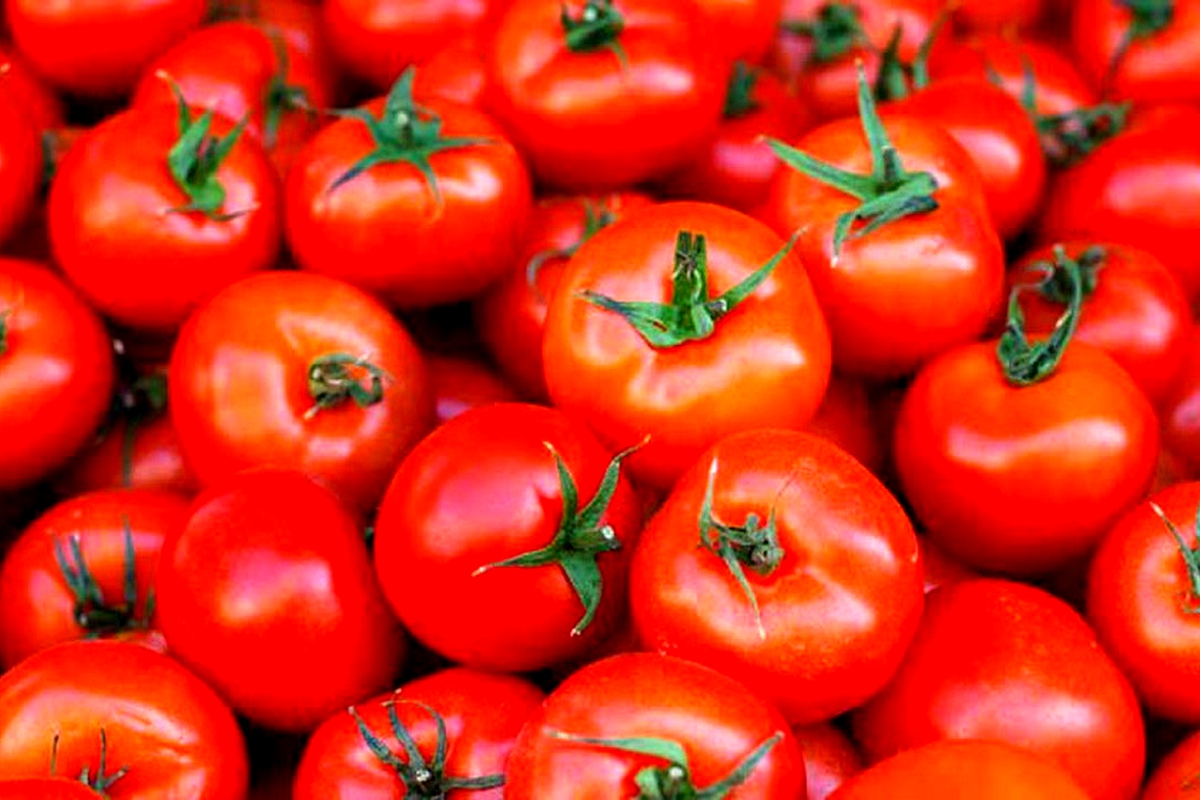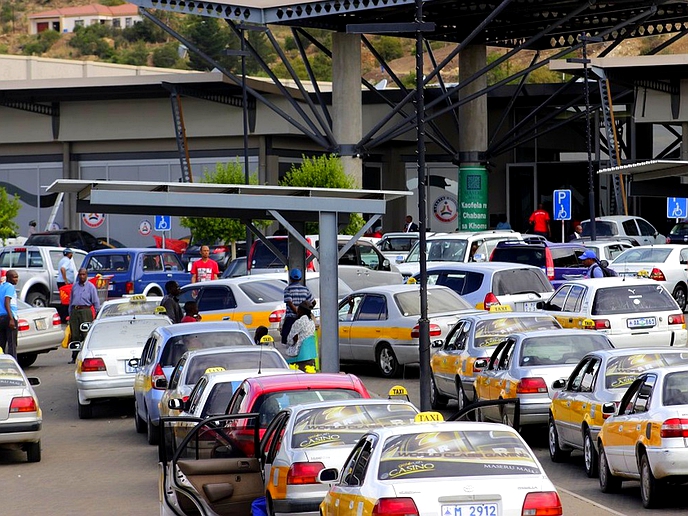FOLLOWING the government’s decision to introduce a restriction on importation of commodities such as tomatoes, green beans and peppers in February, prices have increased and consumers are feeling the pinch.
business
April 16, 2021
NEO SENOKO
3 min read
Tomato price increases since embargo

The effects of the embargo on these products, particularly on tomato are being felt roughly just three months into the development.
Tomato prices have doubled and consumers currently have to part ways with around M20 for a single packet of five. This is in comparison with the previous purchase price of M10 for a single pack before an embargo. A box of tomato is now selling at M150.
That means prices have reached almost 100 percent increase in the past two months due to excess demand.
While its importation from South Africa has been put on hold, the neighboring country has also been hit by the same condition of shortage due to excess rains in January and February. Prices are high but expected to recover mid-April as the quality of the produce is improving.
The government embargo on importation of these products is now being criticised by analysts, who say it was not well researched in the first place.
“This issue is a matter of demand and supply in the market and before introducing any policy, we should be able to critically analyze both sides. You do not just come up with a policy, there has to be a problem to solve and for us to say it is working, it should be able to solve such problems. That means we should be in a position to identify the real problem at hand.
“Before closing of borders, we should have considered as to how much demand we have as a country and then look into the supply that we currently have, both domestic and external supply. This would have allowed us to evaluate whether domestic supply of tomato produce would sustain us without any external supply,” analyst Tebello Tjapela has said in an interview with Metro on Tuesday, citing further that under normal circumstances, demand has to equal supply.
He added that the strategy was good however, not well researched with informed basics. He noted that government failed to foresee the circumstances that comes with the embargo.
“If it was well researched, we would not be in this situation because we would have been able to identify as to what extend domestic produce would sustain us. We would be in a position to deal with this shortage accordingly,” Mr Tjapela added.
Similar sentiments were echoed by Nkareng Letsie, the Executive Director of Consumer Protection Association (CPA), saying that the produce is expensive because of excess demand resulting from poor implementation of policies by government.
While he admitted that it is necessary to consider such moves, Mr Letsie said the country does not have enough capacity to fully meet local demand.
Enjoy our daily newsletter from today
Access exclusive newsletters, along with previews of new media releases.
“We do not have enough capacity as a country. For instance, very few green houses across the country produces and focus on mass production of tomato. That means, domestic production is very limited. Just few weeks are enough to have finished the entire production due to high demand,” he further showed.
When introducing the restrictions, the government had stated that the decision was well researched.
“We did not just come to this conclusion. We have seen that we have these products in abundance currently and we are guided by the laws to impose such bans when it is necessary. The quality of these products is of the highest standard and we will not allow anything to come into the country. These are organic products and everybody is expected to comply and buy local,” former Principal Secretary in the Ministry of Small Business Development, Cooperatives and Marketing Tankiso Phapano had said in an interview with this publication.
In February, government also banned importation of bottled water from South Africa. It was estimated that the country import bottled water valued at M69 million per year.
Tailored for you






